Recognizing 9 Early Warning Signs Of Depression
RECOGNIZING 9 EARLY WARNING SIGNS OF DEPRESSION (ISSUE 144) SEPTEMBER 2, 2014
By Diane Gold
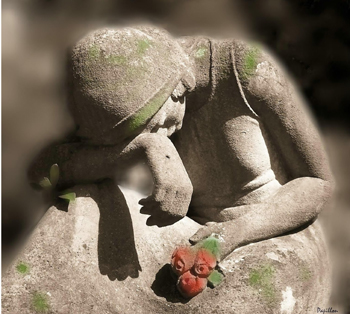 Recognizing 9 early warning signs of depression may sound like a thoughtless, insensitive question, uttered by someone who does not understand or is not experiencing depression. Let’s just say immediately that it takes extreme courage and focus to see ourselves, in general, and to see what is happening to us, in specific, while it is happening.
Recognizing 9 early warning signs of depression may sound like a thoughtless, insensitive question, uttered by someone who does not understand or is not experiencing depression. Let’s just say immediately that it takes extreme courage and focus to see ourselves, in general, and to see what is happening to us, in specific, while it is happening.
The reason it is monumentally difficult to see early signs of depression is because the small changes in our behavior that started out as subtle itches and repetitions of certain behaviors over and over again are now normal every day events. Once behaviors become habitual, meaning they are second nature, it takes pure focus and understanding to see and the will power of a saint (which we all have) to do something to replace it.
THE HABIT CYCLE
When we get a cue or urge, it triggers a behavior. When we execute the behavior, this leads to some sort of comfort or reward, negative or positive. When we repeat this cycle over and over, we develop a habit, which gets more ingrained with time.
According to Deepak Chopra, MD and spiritual author,
“Once it [a behavior] turns into a habit, depressed people no longer need an outside trigger.”
What this means is that, when depressed, we don’t have to have an outside event like a car accident, a bad mark on our exam or a relationship breakup to trigger behavior that makes us depressed. We are already there. And this reality is not exclusive to depression.
PERSPECTIVE
 When we are in a depression, we are not looking at it because we are busy experiencing it. We can think of living in a valley (a depression in the land) in much the same way. We are not looking at our lives from the perspective of mountain dwellers since we don’t live in the upland. Our perspective is from the point where we are, living in the lowlands, the valley.
When we are in a depression, we are not looking at it because we are busy experiencing it. We can think of living in a valley (a depression in the land) in much the same way. We are not looking at our lives from the perspective of mountain dwellers since we don’t live in the upland. Our perspective is from the point where we are, living in the lowlands, the valley.
When it comes to living with depression, people who have experienced it know how it feels. And, in most cases, depression did not appear immediately. And that’s what this article is about: noticing the ever so small changes that contribute on a daily basis to what results as depression.
So, I ask each of us to be diligent. Many of us will say,
“Oh, I am fine. I could never have such a problem,”
or
“Don’t worry. My friend is fine. She’s just going through something right now.”
The truth is we are all capable of great sadness. When something happens, we react. Because feelings are subjective, there is no measure for what emotional reaction is right or wrong. The measure comes from whether we can adjust and bounce back and live well.
THE SIGNS
1) SOCIAL WITHDRAWAL
 Little by little, we might see that we are spending more time at home, missing a little work here and there, having difficulty getting dressed to go out to socialize, going to lonely places. As with all actions, when we repeat them, they become more comfortable to do again. Kind of like tying a shoe or brushing our teeth.
Little by little, we might see that we are spending more time at home, missing a little work here and there, having difficulty getting dressed to go out to socialize, going to lonely places. As with all actions, when we repeat them, they become more comfortable to do again. Kind of like tying a shoe or brushing our teeth.
2) NOT LIKING OURSELVES
If we find that we are continually deriding ourselves, blaming ourselves for situations that exist in our minds or in our physical circumstance; it’s time to take notice. This could be a sign.
3) FEELING SAD OR HOPELESS ON A REGULAR BASIS
No matter who we are, we can feel sad, hopeless, listless. We may have a billion dollars and be responsible for philanthropy that is responsible for health giving sanitation to a whole country and still be sad. We may be stuck in a CEO or a janitorial position and feel trapped. We may not make ends meet for our family. We may not make ends meet for our family and then find out we have a life threatening disease. We may win the lottery and get depressed over that occurrence. Although we are all connected as sisters and brothers of humanity, we are all affected in different ways.
 We may be comedians, making everybody laugh – which increases the lifespan of every laugher, and still be sad. It is, after all a great burden, to be the one commissioned to make everyone laugh. Much like the model or the beautiful actor is expected to be as perfect on camera as off, in case a photo is snapped at an off hour; so the comedian is expected to have a 24/7 smile. We may be parents with kids who sometimes hide our feelings so that we don’t burden the family with our doom.
We may be comedians, making everybody laugh – which increases the lifespan of every laugher, and still be sad. It is, after all a great burden, to be the one commissioned to make everyone laugh. Much like the model or the beautiful actor is expected to be as perfect on camera as off, in case a photo is snapped at an off hour; so the comedian is expected to have a 24/7 smile. We may be parents with kids who sometimes hide our feelings so that we don’t burden the family with our doom.
It’s important to notice whether this is happening and tell someone if it might be, even as a joke over beer. This type of feeling creeps in, most of the time. What was one little bad day may progress gradually until it ends up as far away from where we thought we were in no time at all.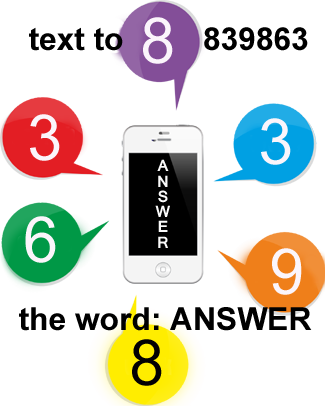
The best crisis phone resource I have seen to date for any crisis is to text the word ANSWER to 839863. It’s text support that responds almost instantaneously. (This resource will be repeated in action steps.)
4) THROUGH 9) CHANGES IN WEIGHT, EATING, SLEEPING, ENERGY, BATHROOM HABITS
Usually when we are depressed, we feel it. However, it can sneak up by body changes. Our weight, eating, sleeping, energy, bathroom habits may change. These, alone, signal any number of things. Together, with any of the other signs, may be the early warning signs of depression we are referencing.
CONCLUSION
The more we know ourselves, the more we will be able to recognize the early warning signs is a false statement. Noticing has nothing to do with how high we have elevated ourselves. The signs are so subtle that the result may hit us like a ton of bricks.
 Think of a one-inch square made up of 72 red squares, kind of like a crossword puzzle. And every day, for the next 72 days, one of those red squares turns light red. All of a sudden, in 72 days, the entire square is light red, and we may not have noticed it. That’s the subtle change.
Think of a one-inch square made up of 72 red squares, kind of like a crossword puzzle. And every day, for the next 72 days, one of those red squares turns light red. All of a sudden, in 72 days, the entire square is light red, and we may not have noticed it. That’s the subtle change.
It is the responsibility of all of us to watch out for these signs in our co-workers, our family, our friends. Of course, we can work to see them in ourselves, but we may not want to see them, we may not feel it’s important to see them because we aren’t going to share them with anyone anyway or we may figure we’ll go to sleep today and get back to recognizing tomorrow.
ACTION STEPS
Here are a set of action steps that may be of some help, even if we read them once.
1) TEXTING
Know that you can text a number and get a response: dial ANSWER to 839863. And, if you forget 839863, it’s TEXTME.
I am thankful this exists and can service anyone with a cell phone in the United States, free of charge.
2) BEING WATCHFUL FOR OTHERS
 Since most of us will not reach out when we are in dire straits, because we are too depressed to do so, decide to be on the lookout on behalf of others. All of us have the responsibility.
Since most of us will not reach out when we are in dire straits, because we are too depressed to do so, decide to be on the lookout on behalf of others. All of us have the responsibility.
3) RATE YOUR HAPPINESS LEVEL COMPARED WITH THE WEEK BEFORE -1 TO 10
Even if it’s through a social media site on which you really don’t know anyone personally, express how you feel on a scale of 1 to 10, once a week. If you don’t use computers or phones, give yourself a rating and tell it to someone. This is a protective layer so that if the number keeps dropping in your own mind, you will know something is up.
 4) RUN TO THE LOCAL STORE OR CAFE TO HAVE HUMAN CONTACT
4) RUN TO THE LOCAL STORE OR CAFE TO HAVE HUMAN CONTACT
Being around others, just having human contact, can change our perspective drastically. It can help us start to heal, or it can put us into a tailspin, depending how close we are to that tailspin. More times than not, having 1 or 2 words with a stranger can help us cope.
5) CALL THE LIBRARY
If you really have no one with whom to converse, and you are determined not to go out; call the local library. This seems silly, but talking about a book gets you out of yourself and connecting with a person. This double connection may lead to stepping out in public.
___
This article is dedicated to anyone who suffers from or who has suffered from depression, including Robin Williams. It’s also dedicated to my late ex-, Jaren Levitt, who is in my heart, whom, some said, Robin looked like.
Let us be our sisters’ and brothers’ keepers as well as our own.
![]()
If you wish to share your story, please hit reply in your email program to be contacted.
![]()
FEEDBACK
We value your feedback very much.
Please leave a comment below.
Please LIKE us on the website and at
WarriorsOfWeight on Facebook.
You can also follow us on Twitter: @warriorsoweight.
Thanks.
![]()
DIANE GOLD, PUBLISHER AND AUTHOR
Diane Gold, Founder of Warriors of Weight, Turning Habits Into Health, is a mentor in tai chi, kung fu and meditation, a music, fitness and stress expert, dedicated mom, studying plant-based nutrition, peaceful conflict resolution and habit replacement.
She believes we are connected to each other. She believes we are our sister’s and brother’s keeper. And that it is not righteous to leave them to suffer. She says,
“Depression is subtle, and we may not know it’s creeping in. But, our family might see it; if we have any friends or work associates, they might see it.
“It’s hard to catch it ourselves until it is a full blown depression. But, once it shows up, whether someone told us about it or we are able to see it,; one immediate step can make a difference. I know this sounds callous, but, if we take one of the suggested action steps immediately, we might be able to pull ourselves up.
“If we are in despair and we don’t have the ability to move, hopefully someone else can see it, can guide us or keep an eye out for us. We are not alone. We are part of an entire world. It is true, even if it hurts to think it.
“In our movements throughout our day, maybe we can be a bit more observant. It could save someone else, or we might even save ourselves.
“Finally, let us all take good care of ourselves because we are worth it, even if we don’t feel it!”
![]()

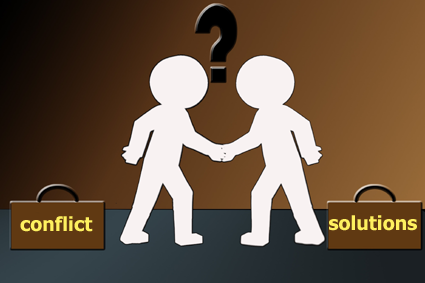 Our habit of war is based upon our upbringing. We learn to stand up for ourselves, but we are not always groomed in the world of tolerance and forgiveness. We are taught that courage means fighting for our place, rather than showing that changing someone’s mind through talk is far braver.
Our habit of war is based upon our upbringing. We learn to stand up for ourselves, but we are not always groomed in the world of tolerance and forgiveness. We are taught that courage means fighting for our place, rather than showing that changing someone’s mind through talk is far braver.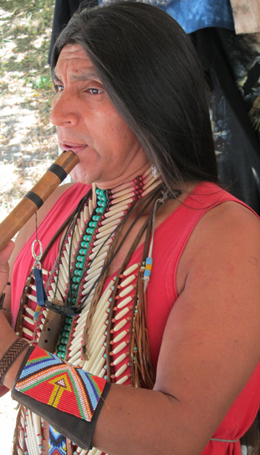 An example of successful use of pride can be seen in the first people in the United States, American Indians, whose connotation “Native Americans” currently includes Alaskan Natives, Native Hawaiians and American Samoans. In order for these groups to live in peace on land that was acquired by their ancestors, they had to participate willingly in a process of cooperation, compromise and huge sacrifice. They chose to be proud of their heritage at the same time as they agreed to give some land to get security, restitution and to live in peace. (When I say successful pride, I use the word “success” to mean making the best of a not so good situation.
An example of successful use of pride can be seen in the first people in the United States, American Indians, whose connotation “Native Americans” currently includes Alaskan Natives, Native Hawaiians and American Samoans. In order for these groups to live in peace on land that was acquired by their ancestors, they had to participate willingly in a process of cooperation, compromise and huge sacrifice. They chose to be proud of their heritage at the same time as they agreed to give some land to get security, restitution and to live in peace. (When I say successful pride, I use the word “success” to mean making the best of a not so good situation.

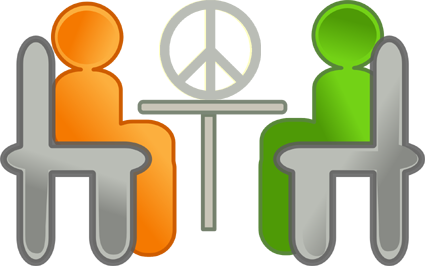 There would be 3 sets of peace conferences: the first, with representatives at the Secretary of State level. If no agreement were reached here, the second conference would include military commanders at a high level. If no agreement were reached through conference with these individuals, the third conference would include the second in command of the respective territory/country.
There would be 3 sets of peace conferences: the first, with representatives at the Secretary of State level. If no agreement were reached here, the second conference would include military commanders at a high level. If no agreement were reached through conference with these individuals, the third conference would include the second in command of the respective territory/country.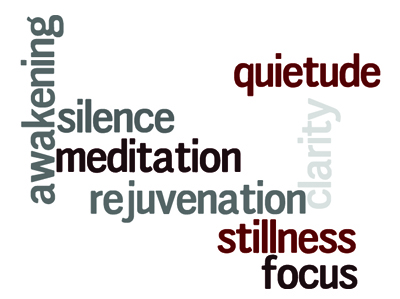 A definition for this discipline that mirrors mine is this, given by Deepak Chopra, M.D., speaker and author,
A definition for this discipline that mirrors mine is this, given by Deepak Chopra, M.D., speaker and author,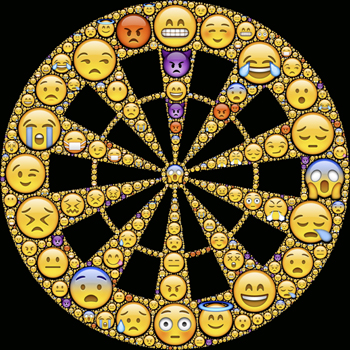 All throughout the day, each of us has so many stimuli: noises, smells, people, electronics, world events, our own creative projects and work, our family and friends. As we walk to our car, bike, train, we see all the different parts of each person that may draw our attention.
All throughout the day, each of us has so many stimuli: noises, smells, people, electronics, world events, our own creative projects and work, our family and friends. As we walk to our car, bike, train, we see all the different parts of each person that may draw our attention.

 When we do tai chi, free dance, body shaking; we’re so absorbed in the body movement that it’s hard to lose our focus since we would we would lose our physical balance if our attention strayed. That’s why it is massively easier to rule out external stimuli when we’re physically moving.
When we do tai chi, free dance, body shaking; we’re so absorbed in the body movement that it’s hard to lose our focus since we would we would lose our physical balance if our attention strayed. That’s why it is massively easier to rule out external stimuli when we’re physically moving.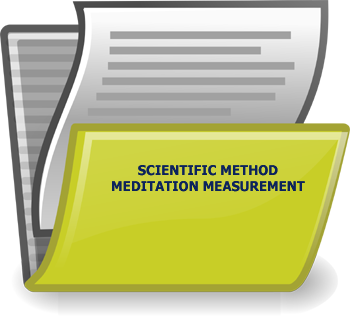 Medical research studies have confirmed that meditation reduces blood pressure, anxiety, PTSD, cholesterol, depression, stress. In April, 2014, a team at Brown University finally structured the coding of verbal responses that can be correlated to quantitative neurophysiological measurements.
Medical research studies have confirmed that meditation reduces blood pressure, anxiety, PTSD, cholesterol, depression, stress. In April, 2014, a team at Brown University finally structured the coding of verbal responses that can be correlated to quantitative neurophysiological measurements.
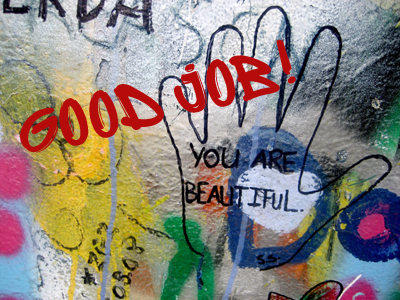
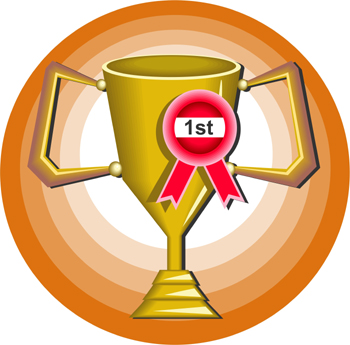 When the preacher or leader of our chosen group discourses that our particular congregation of members is loved more than other religious groups, we are refining how we see the world. Our ego becomes falsely inflated with the knowledge that we are in a special tribe which means we have been taught that there are other tribes less worthy. We have been lifted up while others have been lowered.
When the preacher or leader of our chosen group discourses that our particular congregation of members is loved more than other religious groups, we are refining how we see the world. Our ego becomes falsely inflated with the knowledge that we are in a special tribe which means we have been taught that there are other tribes less worthy. We have been lifted up while others have been lowered.
 Anyone who teases, bullies, insults people with lesser intellectual capacity, less expensive clothing, a physical imperfection, is doing it to inflate the ego. It serves no other purpose. This has come out of the original “good job” that was uttered way back when to encourage us along into the competitive world. This simple statement or one like it started our competition engine, but competition is not the culprit here. It what we were supposed to learn along with this concept.
Anyone who teases, bullies, insults people with lesser intellectual capacity, less expensive clothing, a physical imperfection, is doing it to inflate the ego. It serves no other purpose. This has come out of the original “good job” that was uttered way back when to encourage us along into the competitive world. This simple statement or one like it started our competition engine, but competition is not the culprit here. It what we were supposed to learn along with this concept. It what we were supposed to learn along with this concept.
It what we were supposed to learn along with this concept.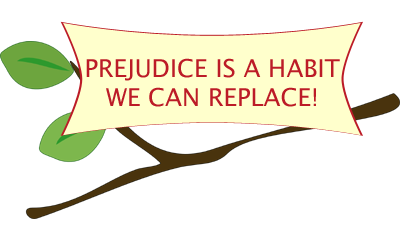 Prejudice is a habit we can replace. We are not born with it. It is part of our training: at home, in school, in the neighborhood, from peer pressure, peer example (social proof) and from the media.
Prejudice is a habit we can replace. We are not born with it. It is part of our training: at home, in school, in the neighborhood, from peer pressure, peer example (social proof) and from the media.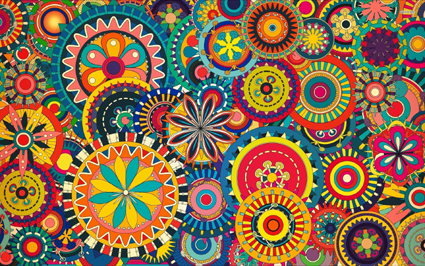 The complex ways in which our minds are colored in a certain direction usually come from wanting comfort such as personal protection or to fit into a crowd or feel good about ourselves.
The complex ways in which our minds are colored in a certain direction usually come from wanting comfort such as personal protection or to fit into a crowd or feel good about ourselves. When someone takes our land, in the name of the individual, a cause, a race, a religion; we have a reaction. Because we have been taught that we have the rights to our land, we may equate this takeover with looting and attribute such looting to an entire group of a billion people, for whom we develop prejudice, even if only 50 people were involved.
When someone takes our land, in the name of the individual, a cause, a race, a religion; we have a reaction. Because we have been taught that we have the rights to our land, we may equate this takeover with looting and attribute such looting to an entire group of a billion people, for whom we develop prejudice, even if only 50 people were involved.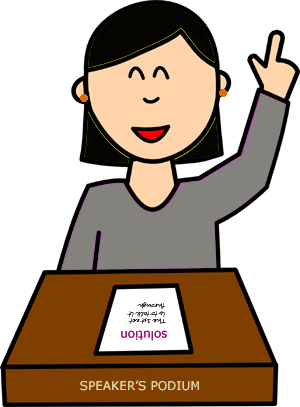 The solution to replace any habit is to replace the behavior we do when we get the urge that we get. From my experience and from the time it takes our hormones to activate, I calculate we have 15 seconds. This takes into account how strongly and fervently our mind will grab onto our old habit and act accordingly. So, if we have previously done nothing when we have the urge to resolve the conflicts with the particular neighbors who wronged us, our reward, or the result of our actions, is a negative reward. We end up frustrated, angry, forlorn because we have been violated in some way by an entire group. The final reward of this non-action that we do is, you guessed it, prejudice. This is our justification for many irrational, out of scope future actions and current feelings we have.
The solution to replace any habit is to replace the behavior we do when we get the urge that we get. From my experience and from the time it takes our hormones to activate, I calculate we have 15 seconds. This takes into account how strongly and fervently our mind will grab onto our old habit and act accordingly. So, if we have previously done nothing when we have the urge to resolve the conflicts with the particular neighbors who wronged us, our reward, or the result of our actions, is a negative reward. We end up frustrated, angry, forlorn because we have been violated in some way by an entire group. The final reward of this non-action that we do is, you guessed it, prejudice. This is our justification for many irrational, out of scope future actions and current feelings we have.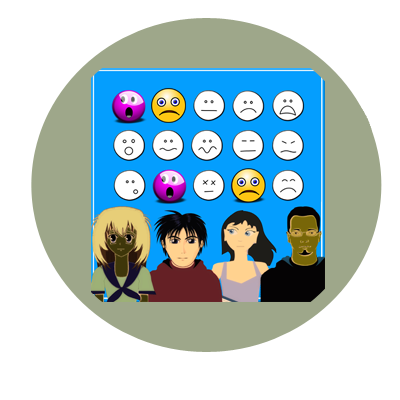
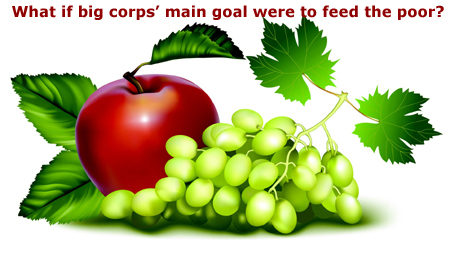 What if Nike’s logo meant food for the poor plus water, clothing, shelter, health care? Or Apple’s or ExxonMobil’s? What if these multinational corporations’
What if Nike’s logo meant food for the poor plus water, clothing, shelter, health care? Or Apple’s or ExxonMobil’s? What if these multinational corporations’
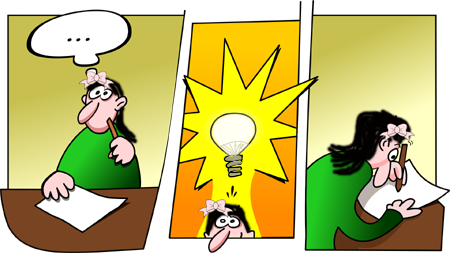 Imagine Apple 2.0 Corporation, worth the $500 billion it is now, focusing its primary attention on helping people get adequate and healthy food, clothing and shelter. And all their artists, designers, technicians and computer scientists were putting full effort into creating the best ways to feed, hydrate, clothe, care for and house everyone adequately.
Imagine Apple 2.0 Corporation, worth the $500 billion it is now, focusing its primary attention on helping people get adequate and healthy food, clothing and shelter. And all their artists, designers, technicians and computer scientists were putting full effort into creating the best ways to feed, hydrate, clothe, care for and house everyone adequately. What does it mean to be civilized? Does it mean being more sophisticated by wearing upscale and fancy clothing while we pillage the environment to get raw materials to manufacture modern comforts OR does it mean living sustainably without taking more than is necessary for community survival while insuring the rebirth of the resources used for survival?
What does it mean to be civilized? Does it mean being more sophisticated by wearing upscale and fancy clothing while we pillage the environment to get raw materials to manufacture modern comforts OR does it mean living sustainably without taking more than is necessary for community survival while insuring the rebirth of the resources used for survival?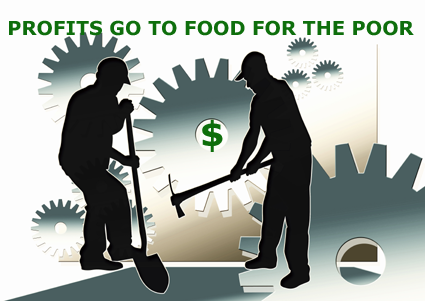
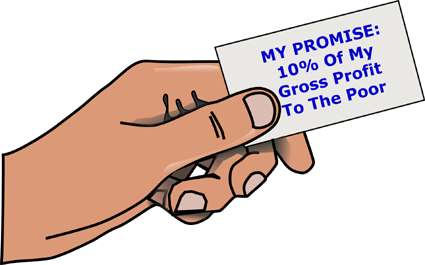 The answer is not as mind boggling as I thought it was. It’s right in front of you and me. It’s tithing, an old English unit meaning one-tenth of something. Much of the developing country manipulation could be monitored, and every corporation that made over one billion one hundred eleven million dollars would be required to give 10% of its gross profit to those in need for food, clothing, shelter, water and health care. The collector of this profit would have to be an independent agent, a non-government, non-profit establishment that published all incoming and outgoing funding to the public.
The answer is not as mind boggling as I thought it was. It’s right in front of you and me. It’s tithing, an old English unit meaning one-tenth of something. Much of the developing country manipulation could be monitored, and every corporation that made over one billion one hundred eleven million dollars would be required to give 10% of its gross profit to those in need for food, clothing, shelter, water and health care. The collector of this profit would have to be an independent agent, a non-government, non-profit establishment that published all incoming and outgoing funding to the public.
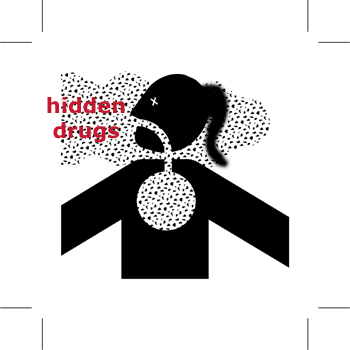
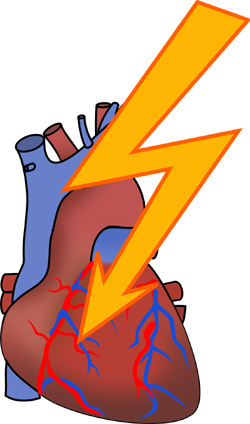 I finished the test with no major reactions and went on my merry way, although I felt violated. Almost immediately after leaving the medical office, I started feeling speedy. And then more speedy, and then more speedy, to the point where I was sweating with my heart’s racing; I knew I was sick and was having a reaction to albuterol.
I finished the test with no major reactions and went on my merry way, although I felt violated. Almost immediately after leaving the medical office, I started feeling speedy. And then more speedy, and then more speedy, to the point where I was sweating with my heart’s racing; I knew I was sick and was having a reaction to albuterol. Since I lived, my mind started to run away with me, and I thought about running to get my medical records for the attorney. I calmed down and realized a much better solution instead of pointing fingers, blaming and taking to the legal system I so revere.
Since I lived, my mind started to run away with me, and I thought about running to get my medical records for the attorney. I calmed down and realized a much better solution instead of pointing fingers, blaming and taking to the legal system I so revere.
 Although the Hippocratic Oath, taken by every MD, includes keeping oneself away from seduction; the biggest seduction and the one most difficult to see as we are being seduced is the seduction of the ego, thinking we are the skilled, the almighty and the awakener with a better solution than the patient. The Osteopathic Oath mentions retaining the respect of the patient. If we are filled with ego and if we disrespect our patient’s rights, how are we fulfilling our oath?
Although the Hippocratic Oath, taken by every MD, includes keeping oneself away from seduction; the biggest seduction and the one most difficult to see as we are being seduced is the seduction of the ego, thinking we are the skilled, the almighty and the awakener with a better solution than the patient. The Osteopathic Oath mentions retaining the respect of the patient. If we are filled with ego and if we disrespect our patient’s rights, how are we fulfilling our oath?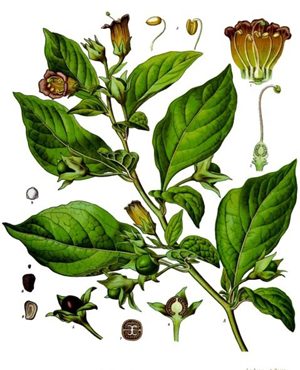 In conclusion, it’s important to be aware that the doctor is a consultant from whom we can hear expert opinion. S/he has studied hard to be able to evaluate a certain brand and branch of medicine. Unfortunately, the doctor who has studied Eastern medicine, Western medicine, Native American medicine, Latin American plant medicine and international tribal medicine is in the best position to give medical guidance; but I don’t know of any who have all this training.
In conclusion, it’s important to be aware that the doctor is a consultant from whom we can hear expert opinion. S/he has studied hard to be able to evaluate a certain brand and branch of medicine. Unfortunately, the doctor who has studied Eastern medicine, Western medicine, Native American medicine, Latin American plant medicine and international tribal medicine is in the best position to give medical guidance; but I don’t know of any who have all this training.
 Wouldn’t it be nice if the plant based food industry were a cooperative in itself and could get a direct benefit from creating such a course for medical professionals the way pharmaceutical companies benefit directly from courses they give on their new drugs as solutions for specific diagnoses.
Wouldn’t it be nice if the plant based food industry were a cooperative in itself and could get a direct benefit from creating such a course for medical professionals the way pharmaceutical companies benefit directly from courses they give on their new drugs as solutions for specific diagnoses. Our habit of trusting media begins at a very young age. We are raised to become knowledgeable through reading and watching news reports, more or less based upon the habits of our parents or caretakers, and we have assignments in elementary school reporting on the current news events.
Our habit of trusting media begins at a very young age. We are raised to become knowledgeable through reading and watching news reports, more or less based upon the habits of our parents or caretakers, and we have assignments in elementary school reporting on the current news events.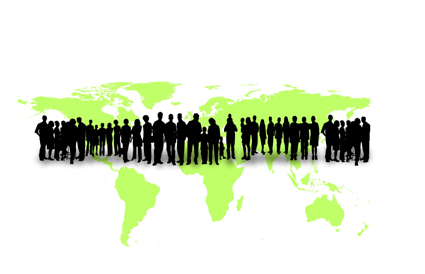 So how, in today’s world, do we make mistakes in trusting media?
So how, in today’s world, do we make mistakes in trusting media?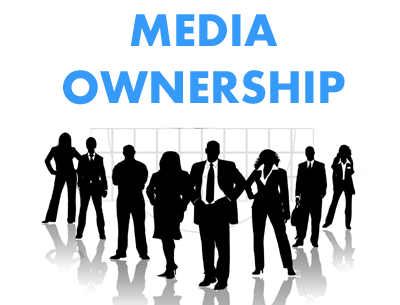 We all advocate for our own company, want it to thrive, want to give a good product or service, really want to do the right thing – to start. When we get so powerful that we are on the board of directors of lots of industries about whom our journalists might write; we might consider censoring what gets written.
We all advocate for our own company, want it to thrive, want to give a good product or service, really want to do the right thing – to start. When we get so powerful that we are on the board of directors of lots of industries about whom our journalists might write; we might consider censoring what gets written.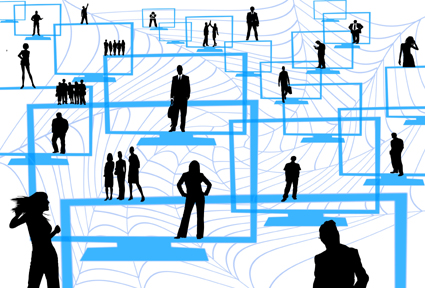

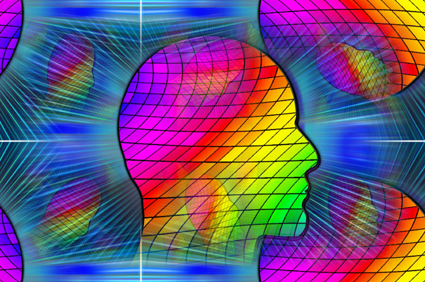
 Profit From Peace is an ideal that has fallen through the cracks in discussions at the university level, in primary and secondary schools, across diplomatic and corporate tables. It’s not really in the back of our minds, yet, either.
Profit From Peace is an ideal that has fallen through the cracks in discussions at the university level, in primary and secondary schools, across diplomatic and corporate tables. It’s not really in the back of our minds, yet, either.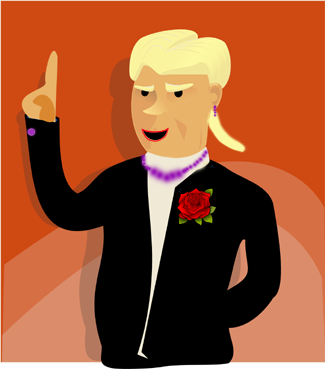 Each candidate would pitch the business plan of her/his created company, including how to finance and manage it. The show would include role playing a board meeting run by the prospective director of the company.
Each candidate would pitch the business plan of her/his created company, including how to finance and manage it. The show would include role playing a board meeting run by the prospective director of the company.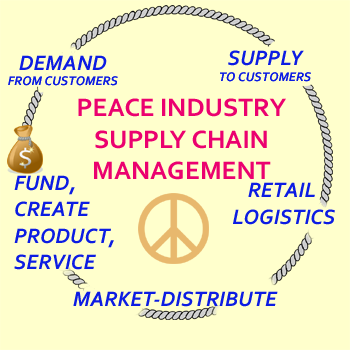 We already know how to make money from war. Military equipment, location and protection technology and gear, air, land and sea vehicles need manufacturing, technological assembly, fuel for transport, human personnel, financing up front to pay for the above, medical costs during and after war. We have mastered this art. Let’s explore another.
We already know how to make money from war. Military equipment, location and protection technology and gear, air, land and sea vehicles need manufacturing, technological assembly, fuel for transport, human personnel, financing up front to pay for the above, medical costs during and after war. We have mastered this art. Let’s explore another. BUSINESS INVESTORS
BUSINESS INVESTORS 1)
1) 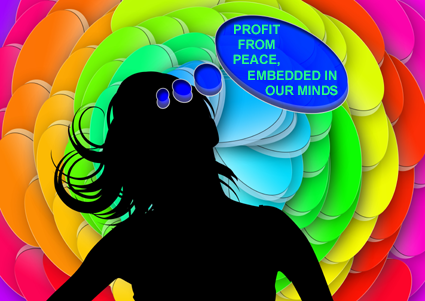 Hopefully, the profit from peace concept is now embedded in our minds. It can only grow as we talk and refine it. If we are consistent, don’t disrespect the profit position of war manufacturers and give them an alternative; we might have embarked upon something that will work.
Hopefully, the profit from peace concept is now embedded in our minds. It can only grow as we talk and refine it. If we are consistent, don’t disrespect the profit position of war manufacturers and give them an alternative; we might have embarked upon something that will work.





